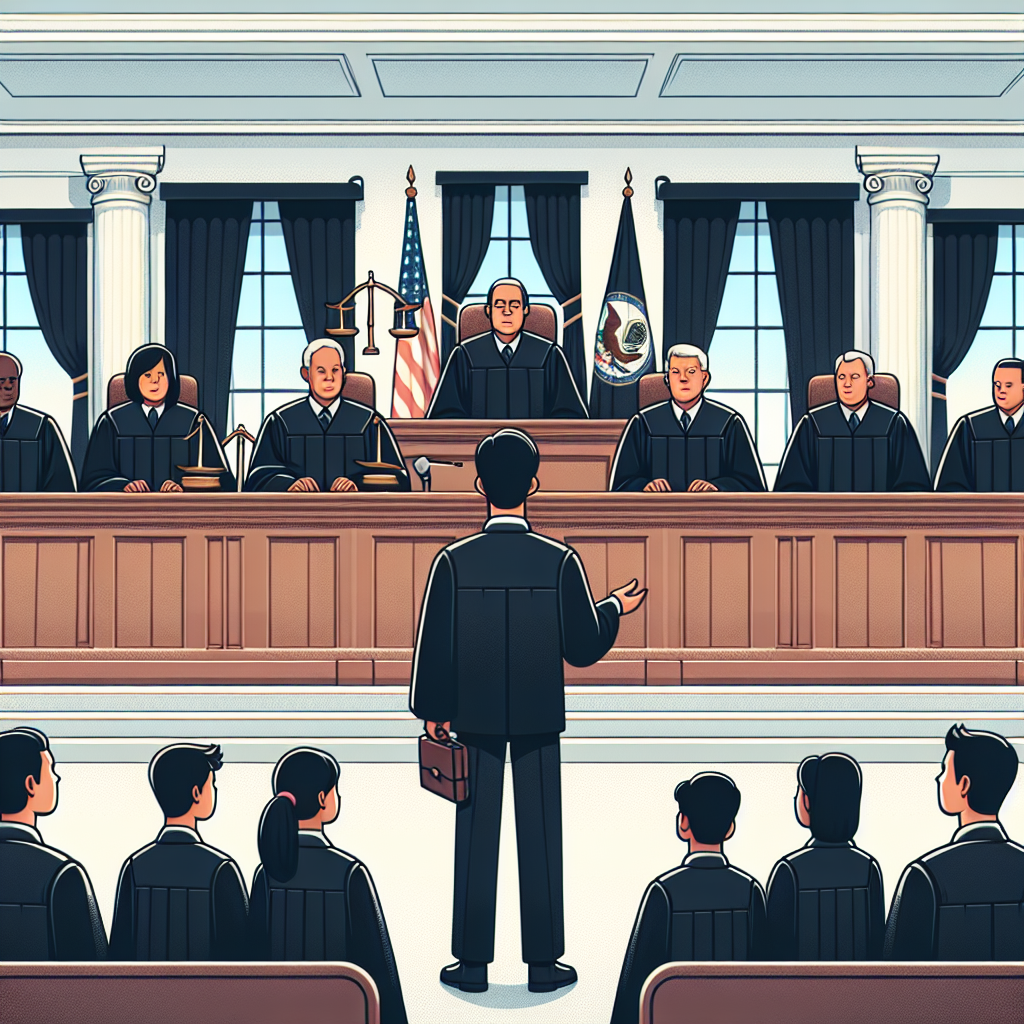Supreme Court: Protecting Lawyer-Client Privilege Amidst Investigation Pressures
The Supreme Court of India emphasized the protection of lawyer-client privilege, stating that lawyers should not be summoned by investigative agencies merely for offering legal opinions to clients. Exceptions apply if the lawyer assists in criminal activities. The court reviewed concerns about arbitrary summons affecting legal practice, proposing guidelines and judicial oversight.

- Country:
- India
On Tuesday, the Supreme Court of India asserted that lawyers should not be summoned by probe agencies solely for providing legal advice to clients under investigation. This landmark stance emphasizes the necessity of preserving lawyer-client privilege unless the lawyer is actively involved in illegal activities.
During the hearing, bench members Chief Justice B R Gavai and Justice K Vinod Chandran addressed a suo motu case. The case focuses on summoning advocates offering legal advice, following concerns raised by prominent bar associations about the chilling effect on the legal profession.
Legal experts, including Senior Advocate Vikas Singh, voiced apprehensions over arbitrary summoning. Suggestions included judicial oversight to prevent overreach. The court underscored the need for guidelines to safeguard attorney-client communications, protecting the core ethos of legal practice in India.
(With inputs from agencies.)










